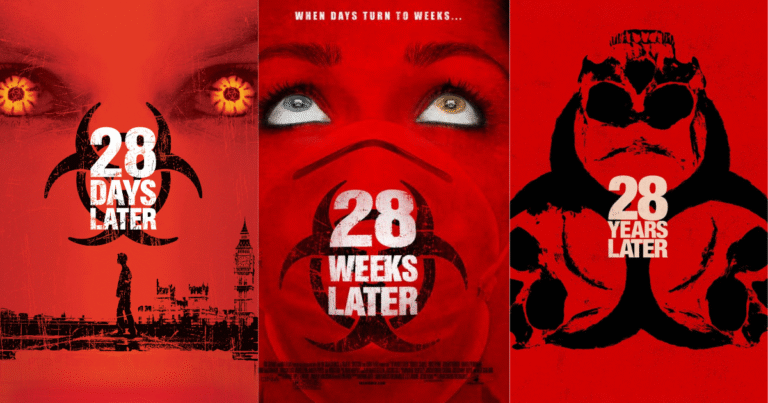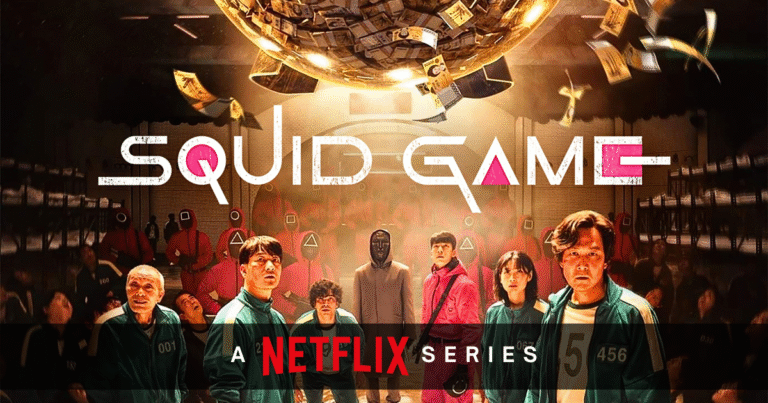What if you could live forever?
No aging, no death, just an endless tomorrow. Sounds great at first, right? But as movies have shown us time and again, immortality comes with a price.
For decades, filmmakers have explored what it means to defy death. Whether through science, magic, or curses, characters in movies have tried to live forever. But the real story is often not about living longer, it’s about what we lose in the process.
Let’s take a deeper look at how films have tackled the ethics of immortality, and why this theme remains so powerful in modern storytelling.
Immortality in Film: A Quick Look
From Highlander and Tuck Everlasting to The Age of Adaline, Interview with the Vampire, and even Marvel’s Eternals, cinema is full of characters who live beyond the natural limits of human life. These stories vary widely in tone and style, but they often ask the same core question:
Is living forever a gift, or a curse?
The idea is simple, but the consequences are complex. Immortality sounds appealing on paper, more time to explore, learn, love, but movies have shown that it can lead to loneliness, boredom, and even a loss of identity.
The Lonely Immortal
One of the most common ideas in immortality films is the pain of outliving everyone you love.
Take The Man from Earth (2007), a low-budget cult classic. It’s about a man who has lived for 14,000 years and tries to explain his life to his friends. He’s seen civilizations rise and fall, but he’s had to say goodbye to countless people along the way. The film doesn’t use flashy effects, it’s all dialogue, but it’s one of the most thoughtful takes on the emotional weight of immortality.
Similarly, in Tuck Everlasting, a family drinks from a magical spring that grants eternal life. The story focuses on a young girl who must choose between joining them or living a natural life. The Tucks aren’t villains, they’re just tired. Tired of hiding, tired of running, tired of never changing.
These films suggest that the very things that make life meaningful, growth, change, and even death, are lost when you live forever.
The Moral Dilemma: Should Anyone Have That Power?
Another big theme in immortality movies is who gets to be immortal, and who decides?
In Altered Carbon (okay, a Netflix series, but still cinematic), the ultra-rich can upload their consciousness into new bodies indefinitely. The poor can’t. It becomes a class issue, immortality as a privilege. The result? The same people stay in power forever, literally.
In Elysium (2013), something similar happens. The wealthy live in a space station with access to perfect healthcare and long lives. The rest of humanity suffers on a polluted Earth. The ethical question becomes: Is it right for a few to cheat death while others die young?
One notable example of the ethics of immortality in film comes from the Alien franchise. In Prometheus (2012), Peter Weyland, the aging CEO of Weyland Corporation, secretly funds a mission to find the Engineers, an ancient alien race, hoping they hold the secret to extending human life. His obsession with avoiding death drives the entire plot and ultimately leads to catastrophic consequences. Weyland’s quest highlights a recurring theme: when powerful people seek immortality for selfish reasons, the fallout often affects everyone else. It’s a chilling reminder that the desire to live forever can blind people to the cost.
These stories echo real-world fears about inequality and technology. If science ever did unlock immortality, would it be a human right, or just another thing the rich hoard?
Vampires: The Original Immortals
Let’s not forget vampires, one of cinema’s most enduring metaphors for eternal life.
Interview with the Vampire (1994) is more than just a gothic fantasy. It’s a deep, sometimes painful meditation on what it means to exist without end. Louis, played by Brad Pitt, hates what he’s become. He watches the world evolve while he stays the same. Every relationship is temporary. Every day is a reminder that he’s not really living, just continuing.
Movies like this often portray immortality as emotional decay. You stop growing. You become numb. Sometimes, like in Only Lovers Left Alive (2013), the characters are cultured, stylish, and intelligent, but they’re also isolated and detached from the world.
Vampires don’t just live forever, they drift through eternity, unanchored.
The Science Fiction Take: Can We Program Forever?
Science fiction takes a more futuristic approach. In films like Transcendence, Lucy, or even Her, we see a shift from physical immortality to digital consciousness.
The question becomes: If you upload your mind to a computer, are you still you?
These films push ethical boundaries. What are we if not our bodies, our memories, our experiences of time and decay? And if we remove death from the equation, do we also remove meaning?
This philosophical edge is what makes sci-fi stories about immortality so fascinating. They don’t just ask “Can we live forever?”, they ask, “Should we?”
The Tragic Twist
What’s common across most of these films is this:
The immortal character usually wants to die.
They’ve had enough. The thrill is gone. They’ve outlived their children, their lovers, even the meaning of their own story.
Whether it’s Logan (Wolverine, finally old and worn out) or Mr. Nobody (a man reflecting on a lifetime of choices), the message is often the same: Mortality gives life urgency. A ticking clock pushes us to act, to love, to matter.
Without it, we drift.
Why We Keep Telling These Stories
So why does the idea of immortality remain such a popular subject in film?
Because it speaks to two things we all feel:
- A fear of death
- A fear of meaninglessness
We want more time. But we also want life to feel real. Movies help us wrestle with these conflicting desires. They let us play out the “what ifs” in a safe space, then bring us gently back to the conclusion most of them reach:
Life matters because it ends.
Final Thoughts
Immortality in film isn’t just about escaping death. It’s about identity, morality, memory, and emotion. From tragic vampires to digital souls, these stories challenge us to think harder about what it means to live, and what we lose when we try to live forever.
Maybe that’s why we keep watching. Because deep down, we don’t just want more time, we want to know how best to spend the time we have.












